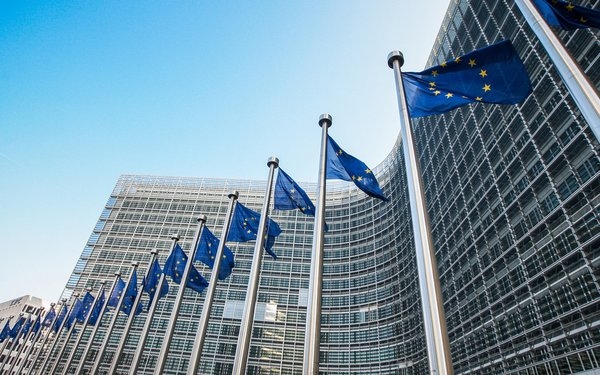European Commission Tells Amazon Not To Use Its Data To Undermine Third-Party Sellers
European Commission Tells Amazon Not To Use Its Data To Undermine Third-Party Sellers

The European Commission (EC) accused Amazon of violating EU competition laws by using non-public data on its platform to distort competition in online retail markets.
The Commission sees a conflict with Amazon relying on the non-public business data of independent sellers who sell on its marketplace, to the benefit of its own retail business that directly competes with third-party sellers.
A document made public Tuesday states in preliminary findings that “very large quantities of non-public seller data” is available to Amazon Basics, the marketplace’s retail brand business.
The filing claims the business uses the data “to calibrate Amazon’s retail offers and strategic business decisions to the detriment of the other marketplace sellers.”
In other words, Amazon feeds non-public seller data, such as the number of products ordered and the sellers’ revenue, into its own retail algorithms to help decide what new products to launch and the price or each.
The Commission argues Amazon keeps track of what brands do on its platform and creates its own version of the product. Then the company aggressively prices the products and offers them preferential visibility across the marketplace to undermine sales of the original third party.
The practice might breach Article 102 of the Treaty on the Functioning of the European Union (TFEU) that prohibits the abuse of a dominant position.
The implementation of these provisions is defined in the Antitrust Regulation (Council Regulation No 1/2003), which can be applied by the national competition authorities.
While the first is based on antitrust charges for Amazon abusing its dominance in online shopping, a second investigation looks into the company’s business practices, mainly about Prime members.
The investigation examines business practices that might favor its own retail offers and offers of marketplace sellers that use Amazon’s logistics and delivery service. It will investigate whether the criteria Amazon sets to select the winner of the “Buy Box” and to enable sellers to offer products to Prime users, under Amazon’s Prime loyalty program.
The prominently displayed “Buy Box” is displayed on Amazon’s websites and allows customers to add items from a specific retailer directly into their shopping carts. Winning the “Buy Box” is important to marketplace sellers because it shows the offer of one seller for a chosen product on Amazon’s marketplaces, and generates the vast majority of all sales.
Amazon could pay fines of up to 10% of its annual global sales, reports CNN. An estimated maximum penalty of around $37 billion based on the company’s forecasts for revenue this year.
(31)


